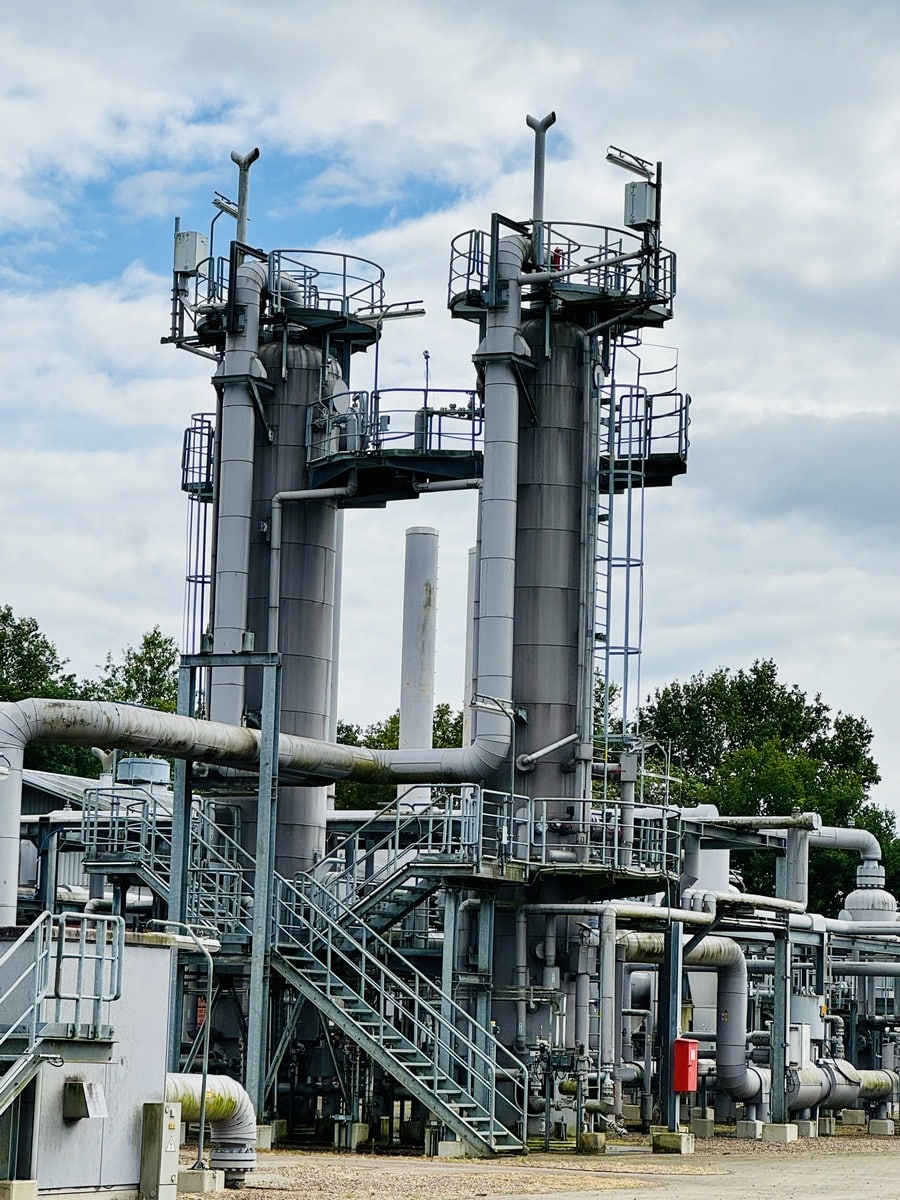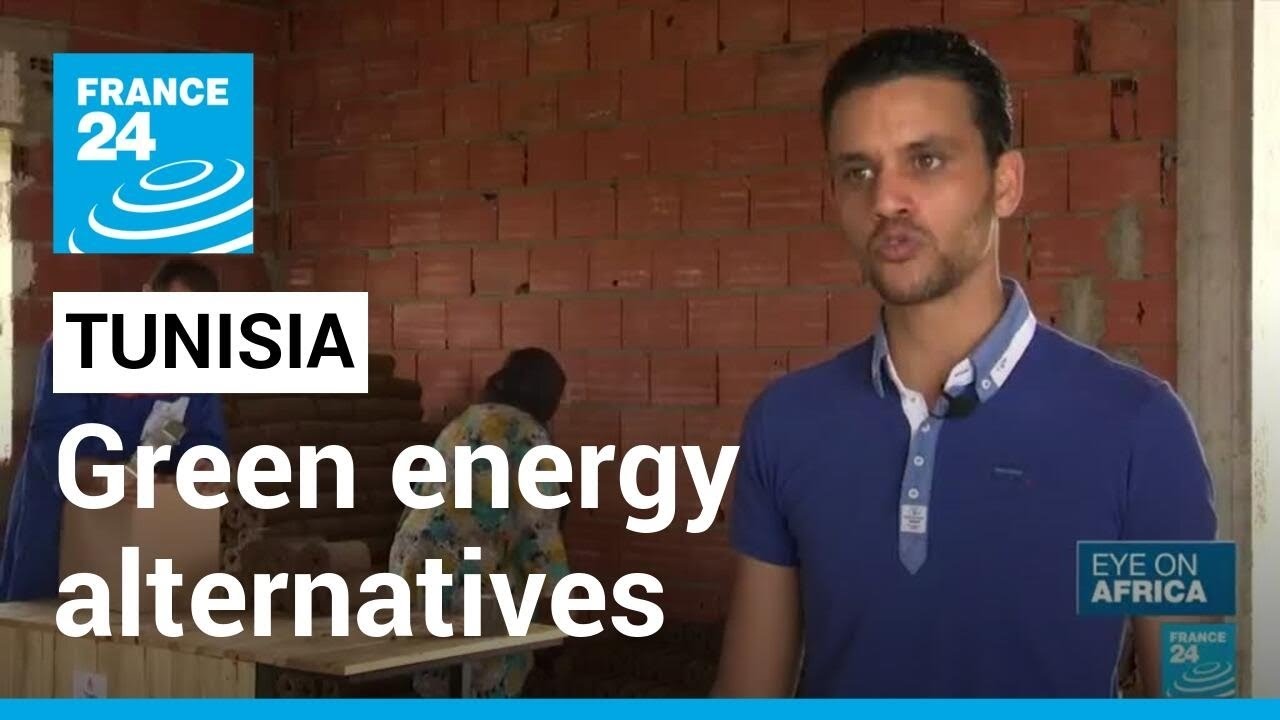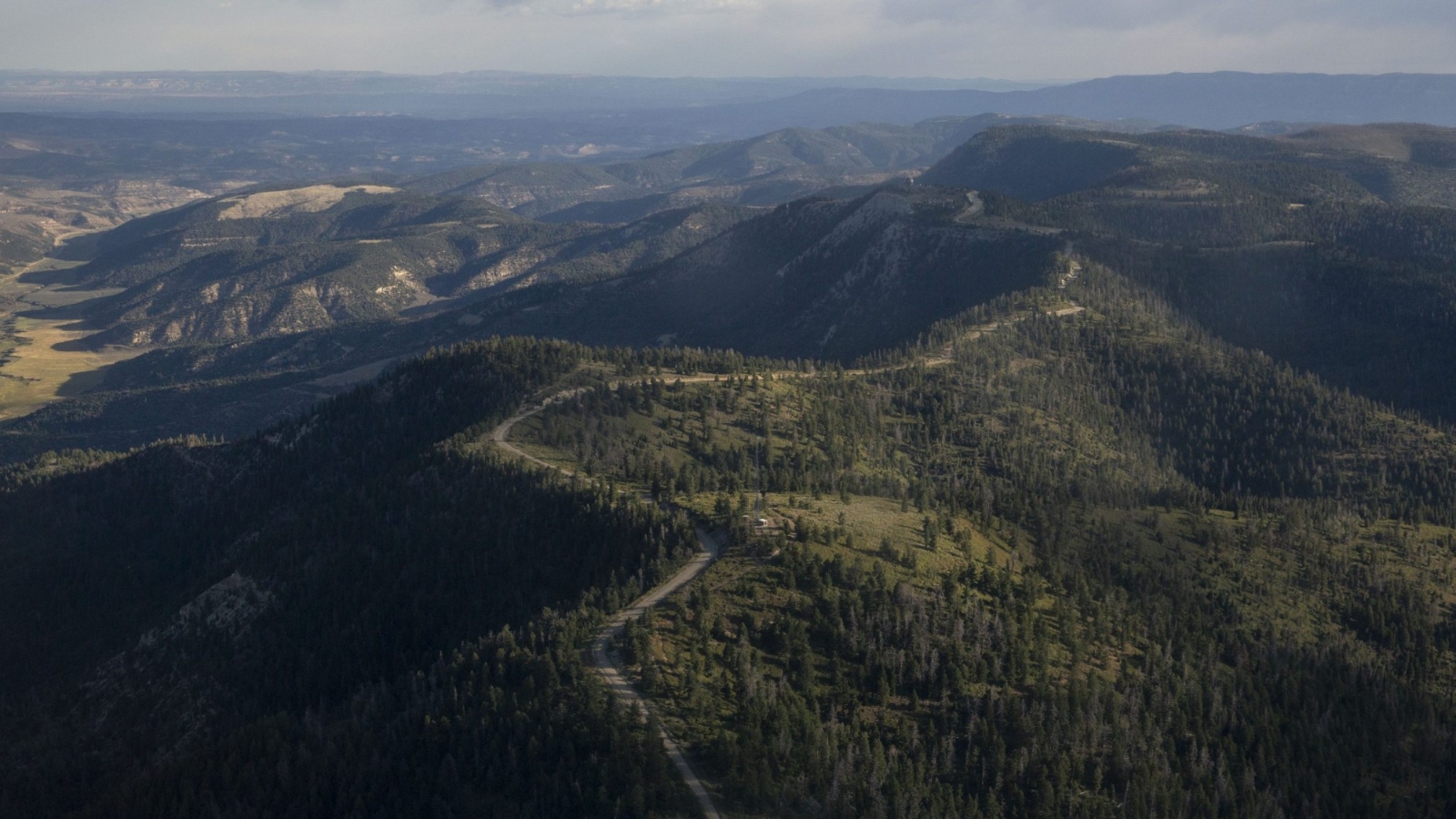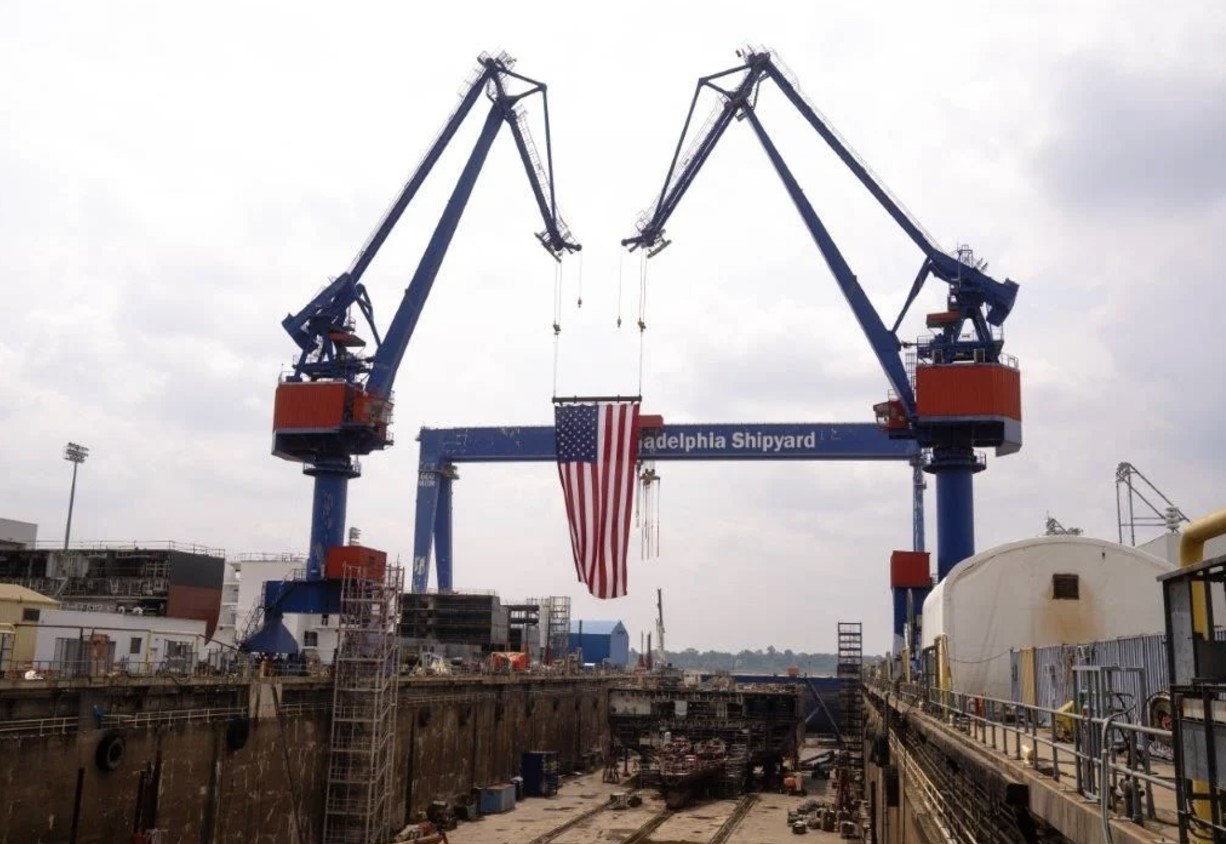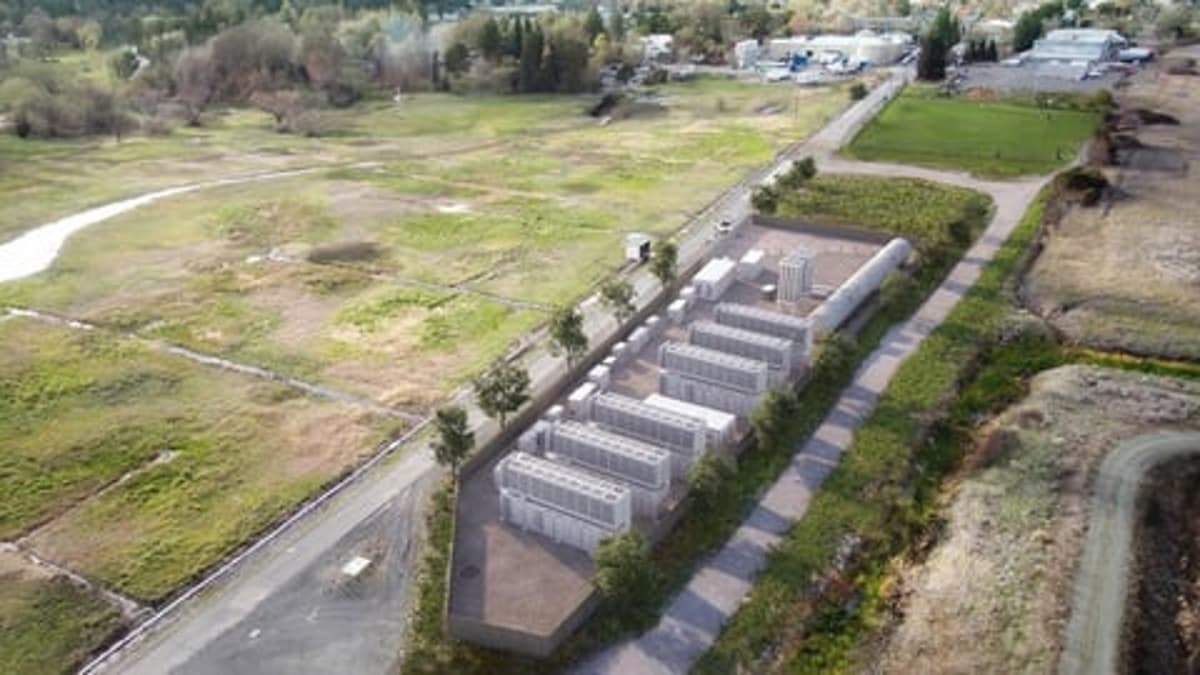
Energy Vault Holdings has begun construction on the US’ “largest” green hydrogen long duration energy storage system (LDES).
Boasting 293MWh of dispatchable carbon-free energy, the system is expected to be capable of powering approximately 2,000 electric customers within Pacific Gas and Electric Company’s (PG&E) microgrid for up to 48 hours.
Upon completion at the end of Q2 2024, the BH-ESS (Calistoga Resiliency Centre) will be the “largest utility-scale green hydrogen energy storage project in the US,” expected to power downtown Calistoga and its surrounding areas during potential Public Safety Power Shutoffs (PSPS).
The energy storage system will be owned, operated and maintained by Energy Vault while providing dispatchable power under a 10.5 year agreement with PG&E.
Marco Terruzzin, Chief Commercial and Product Officer at Energy Vault claimed the technology will provide important “sustainability benefits” to the Calistoga community.
He added that the partnership with PG&E will “optimise grid resiliency and economics towards achieving decarbonisation goals.” The system will replace the traditional mobile diesel generators currently used for Calistoga’s microgrid.
Mike Delaney, Vice-President Utility Partnerships and Innovation at PG&E, said, “Deploying cost-effective, next-generation energy supply and long-term storage technologies is essential to ensuring grid reliability and to achieving PG&E’s goal of a net zero energy system by 2040.”
Energy Vault’s system was developed under its H-VAULT™ suite of hybrid configurations, leveraging green hydrogen and batteries. The company coupled the ultra-long duration capabilities of fuel cells using hydrogen and the fast response capabilities of B-VAULT™ lithium-ion batteries.
The company’s technology was selected last year (2023), due to the PG&E area being at risk of wildfires. H2 View spoke to Terruzzin, who said, “They [PG&E] were looking for a solution at a reasonable cost, that was no more than two-times the cost of current diesel generator solution, while being carbon free.”
Read more:Batteries and hydrogen offering power during wildfire blackouts
The 8.5MW project was approved by the California Public Utility Commission, with a budget of over $40m to support the 10.5 year contract, covering CAPEX and OPEX.

